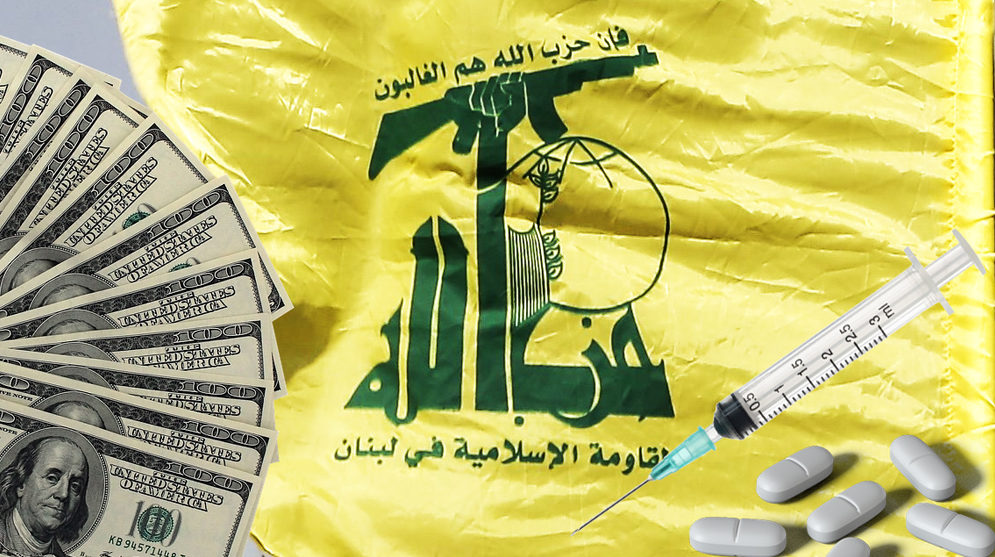When governments or organizations that operate under the legitimacy of a state engage in smuggling drugs, the negative consequences can be devastating for other nations. The Iranian regime and its proxy Hezbollah appear to be increasingtheir efforts to smuggle illicit drugs to other countries, particularly in the West.
Logg inn for å lese videre (abonnenter).
Støtt uavhengige nyheter!
Bli abonnentPluss-artikler blir åpnet 24 timer etter publisering. Artikler som er eldre enn to år er forbeholdt abonnenter.






